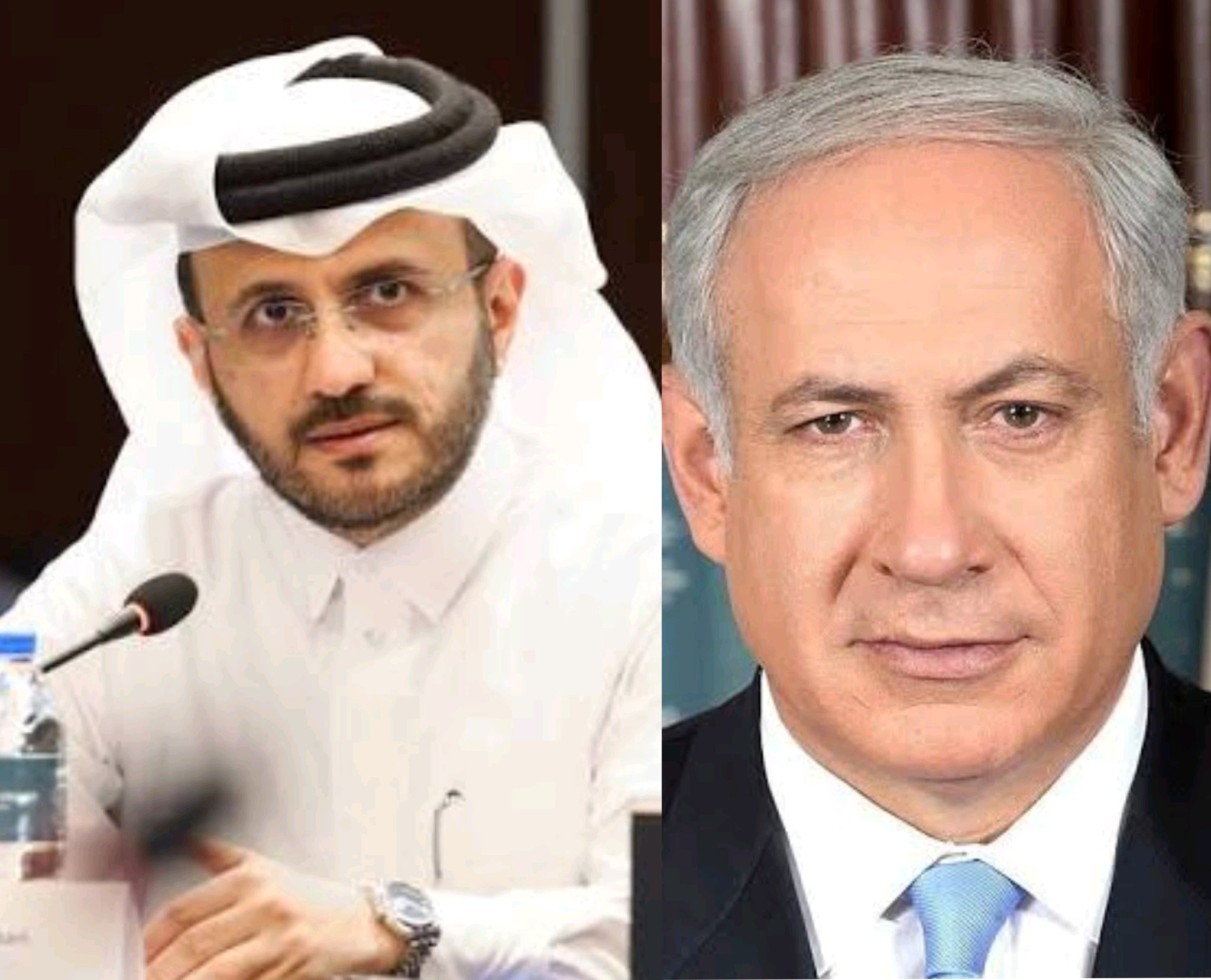Qatar has confirmed that Emir Sheikh Tamim bin Hamad Al Thani held a critical phone conversation with U.S. Secretary of State Marco Rubio following a deadly Israeli airstrike on Doha last week that claimed six lives. According to a report by The Times of Israel on Tuesday, September 16, 2025, the two leaders discussed defense cooperation, regional stability, and the consequences of the unprecedented attack on Qatari soil.
Qatari Foreign Ministry spokesman Majed al-Ansari detailed the contents of the call during a press briefing, emphasizing the emir’s demand for accountability and the need for urgent international efforts to de-escalate tensions. The conversation also included discussions on mediation efforts aimed at achieving a ceasefire in the ongoing Israel-Hamas conflict in Gaza.
The Israeli airstrike, which targeted a location in Doha believed by Israeli intelligence to be associated with Hamas activity, has provoked strong diplomatic backlash from Qatar and its regional allies. Qatar, a key mediator in past negotiations between Israel and Hamas, condemned the strike as a violation of international norms and an attack on a neutral party actively engaged in peace efforts.
Al-Ansari’s comments were particularly pointed, criticizing Israeli Prime Minister Benjamin Netanyahu for undermining the very mediation process meant to resolve the crisis.
“If Prime Minister Netanyahu wants peace, he knew the road to peace a long time ago. He just decided not to go through it, and he decided to mediate in bad faith,” al-Ansari said. “The responsibility for the collapse of mediation lies with those who bomb the mediators and still sit at the negotiating table.”
The spokesman’s remarks reflect a broader sense of frustration within the Qatari leadership, which has invested heavily in facilitating dialogue between Israeli officials and Palestinian factions, especially Hamas. Doha has long positioned itself as a neutral broker in the volatile Middle East arena, and the attack represents not only a physical blow but also a symbolic one against its role as a peace intermediary.
U.S. Secretary of State Rubio reportedly reaffirmed Washington’s support for Qatar’s mediation efforts and expressed concern over the rising civilian toll in Gaza and now in Doha. His engagement with Sheikh Tamim signals the Biden administration’s intent to prevent further escalation and preserve diplomatic backchannels in the conflict.
The attack on Doha, while not unprecedented in the region’s turbulent history, marks a significant escalation in the Israel-Hamas war, with broader implications for Gulf security. It is rare for Israeli military actions to extend into states not directly involved in the fighting, especially one like Qatar, which hosts the Al Udeid Air Base—a key hub for U.S. operations in the region.
International observers note that the strike could damage Israel’s already fragile relations with Arab Gulf states, many of which have pursued cautious normalization with Tel Aviv in recent years under the Abraham Accords framework. Qatar, however, has consistently refrained from formal diplomatic ties with Israel, instead focusing on humanitarian aid to Gaza and engagement with both Palestinian Authority and Hamas leadership.
The emir’s conversation with Rubio also signals Qatar’s expectation of a more proactive U.S. role in curbing Israeli military actions that risk drawing in non-combatant nations. With tensions in Gaza at their peak and international concern mounting, Qatar’s firm response may pressure Washington to more actively restrain its ally.
The incident has reignited debates around the safety of mediators in conflict zones and the limits of military justification when diplomatic actors are involved. Al-Ansari concluded his remarks by reiterating Qatar’s commitment to peace but warned that continued attacks on intermediaries would destroy any remaining prospects for a negotiated solution.
As the situation continues to develop, the international community will be closely watching how Washington balances its strategic alliance with Israel against its stated support for diplomatic resolution—and how Qatar navigates its dual role as mediator and now, victim. Explore , More , News>>>
Explore More News By Using The Button Above

